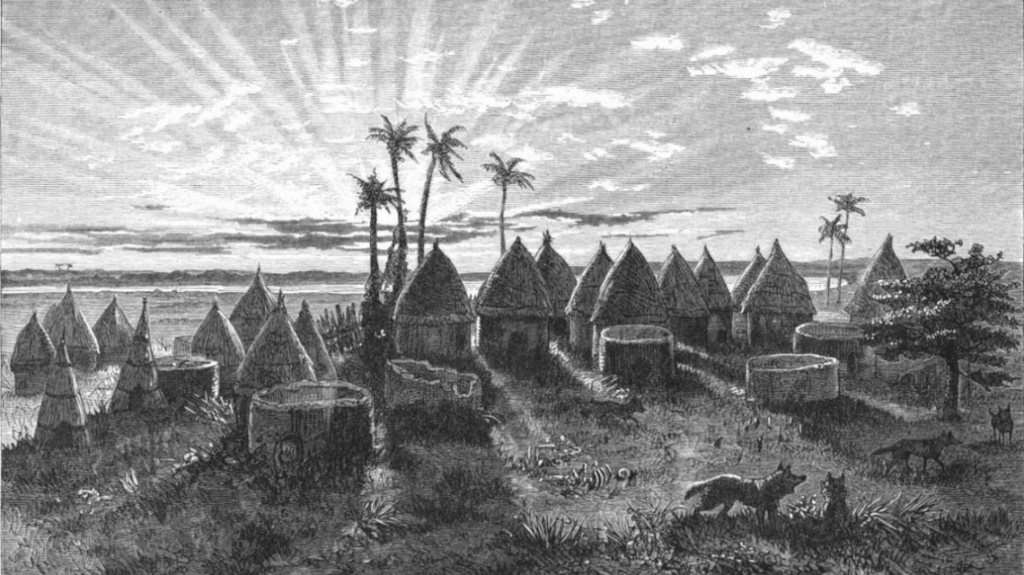
Sudan’s historical significance can be traced back to ancient times when it was known as the Kingdom of Kush. Situated along the Nile River, this kingdom thrived from the 8th century BC to the 4th century AD. The Kingdom of Kush established trade routes with Egypt and became a major player in the trans-Saharan trade, exporting valuable resources like gold and ivory.
Colonialism and Turmoil
The late 19th century saw Sudan falling under British and Egyptian colonial rule. This period was marked by significant unrest, including the Mahdist War (1881-1899), led by the self-proclaimed Mahdi, Muhammad Ahmad. The British-Egyptian administration managed to suppress the rebellion, but Sudan remained a region fraught with tension.
Independence and Civil Conflict
Sudan gained independence from Britain and Egypt in 1956, but its post-independence history was marred by political instability and civil strife. One of the most devastating conflicts in the country’s history was the Second Sudanese Civil War (1983-2005), which resulted in the loss of countless lives and the displacement of millions.
The Darfur Conflict
The early 21st century witnessed another tragic chapter in Sudan’s history with the outbreak of the Darfur Conflict. This conflict, which began in 2003, resulted in widespread violence, displacement, and allegations of genocide. The international community, including the United Nations, became involved in efforts to address the crisis and provide humanitarian aid to affected regions.
The Secession of South Sudan
In 2011, a historic referendum led to the secession of South Sudan from Sudan, creating the world’s newest nation. While this development marked a significant change on the international stage, it also brought its own set of challenges as both nations grappled with political and economic stability.
A Glance Toward Peace and Democracy
Recent years have seen some positive developments in Sudan’s history. In 2019, Sudanese citizens took to the streets in massive protests, demanding political change. This led to the overthrow of President Omar al-Bashir, who had ruled the country for nearly three decades. Subsequently, a transitional government was established to pave the way for democratic elections.
